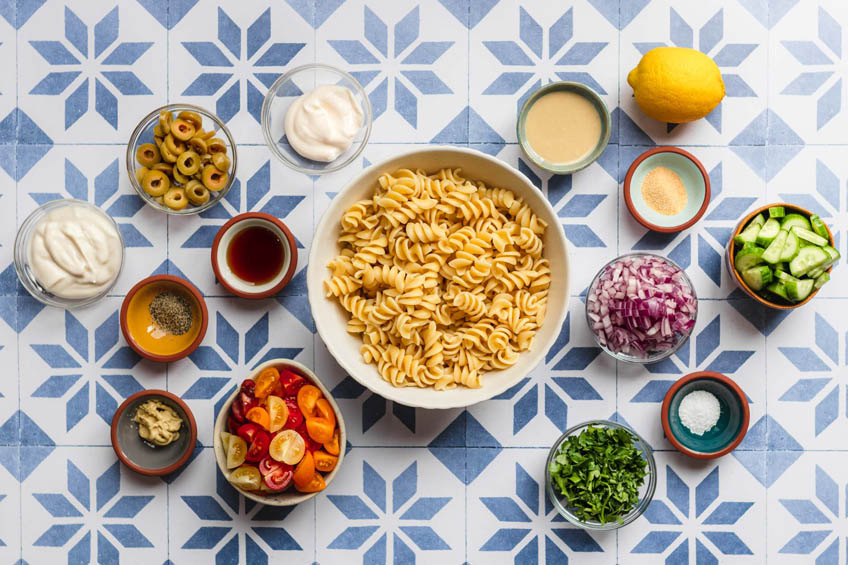
Meal planning and prep can be a challenge, and deciding to embrace a meat-free diet even one day per week can make the process even trickier. Not sure where to begin? Feeling overwhelmed by all of the plant-based alternatives out there? It doesn’t have to be difficult to make vegetarian or vegan meals for you and your family. Here are five tips that will take your meat-free meal planning to the next level, including plant-based meat alternatives from Gardein®.
Have a variety of fruits and vegetables on hand
When creating a vegan or vegetarian meal plan, be sure to include an assortment of fruits and vegetables. Whenever possible, opt for fresh produce while in season, or frozen works any time of the year. Fruits and vegetables don’t have to be a bland, boring side to your main dish. You’ll find that you’ll start adding them to everything, from breakfast smoothies and overnight oats to soup, chili and stir-fry recipes.
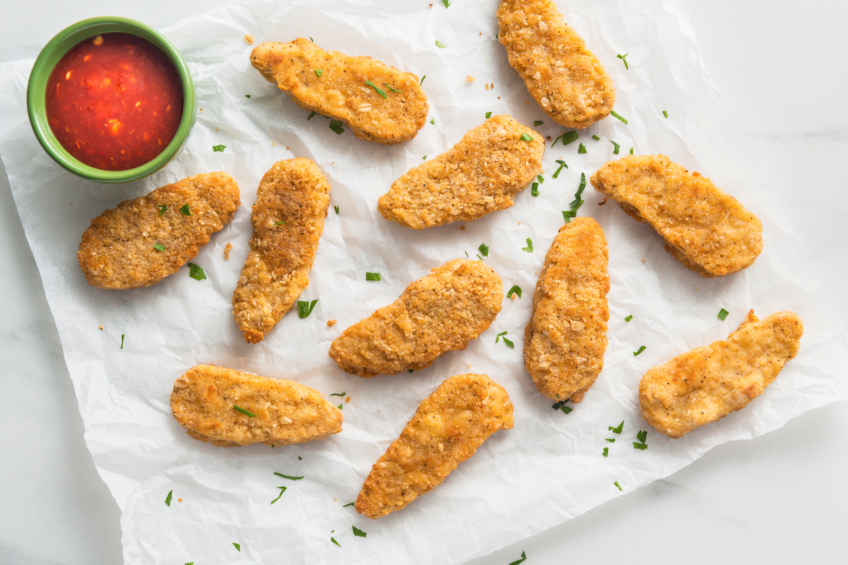
Swap meat for plant-based alternatives
Incorporating more meat-free meals into your weekly menu doesn’t mean that you have to give up your family’s favourite dishes. If you and the kids crave chicken tenders and oven fries, head to the freezer section at your local supermarket and pick up Gardein® 7 Grain Plant-based Crispy Chick’n Tenders. They’re an easy swap that will satisfy meat lovers and vegans alike, so go ahead and cheat on meat. For spaghetti, try Gardein® Plant-Based Meatballs or Gardein® Plant-Based Ground Be’f for Bolognese. And for weekend breakfasts, check out Gardein® Plant-Based Breakfast Saus’ges to go with pancakes and waffles.
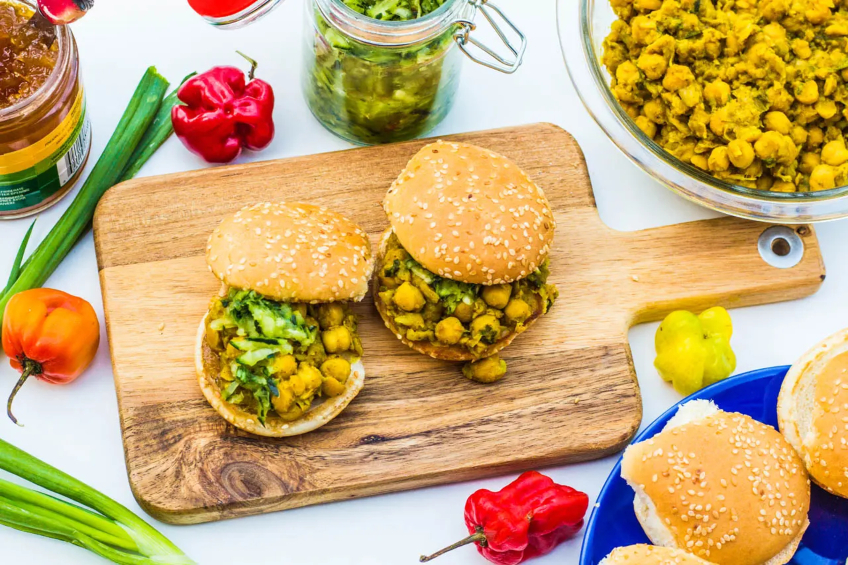
Experiment with protein sources until you find the right one
Plant-based protein sources are essential to any vegan meal plan, but you might have to experiment before finding the right ones to suit your tastes. Tofu, tempeh, seitan, quinoa, edamame, beans and legumes are just some of the best protein sources for veggie-based eats. If you want cheap meal prep ideas, use canned chickpeas for curries, and even vegan sloppy joe sliders.
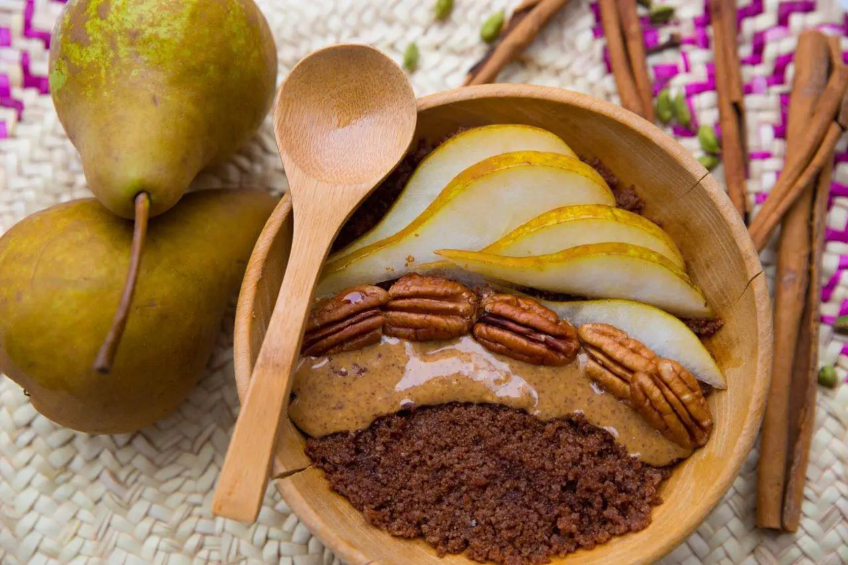
Explore different grains
Complex carbohydrates are important to vegan and vegetarian meal planning. Avoid white pasta, bread and rice as often as possible and explore different grain options. Choose whole wheat or multigrain pasta varieties, brown or wild types of rice, and whole grain oats. Try barley in soups, stews and salads. Then there are the grains that are also high in protein, like quinoa, amaranth, spelt and teff, which can be used in so many different recipes, from breakfasts to desserts.
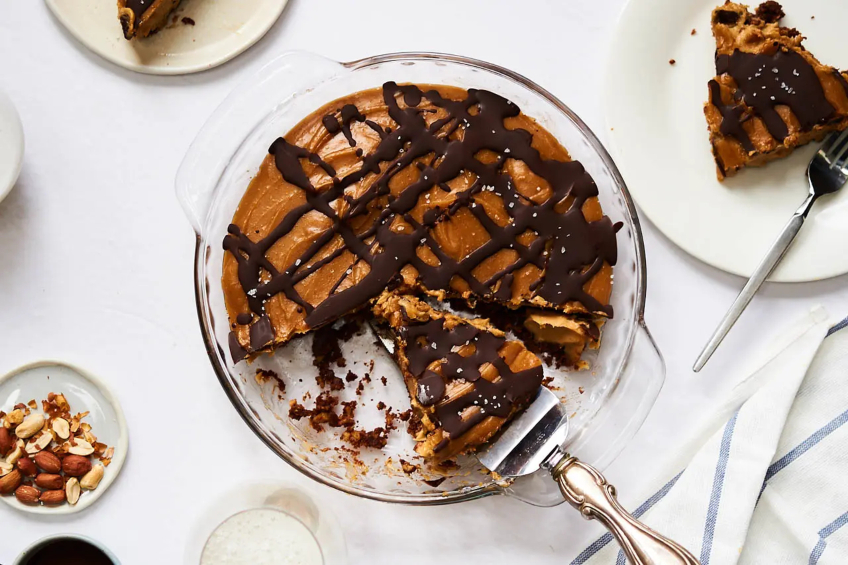
Don’t forget the sweet treats
Speaking of dessert, when planning your plant-based menu, don’t forget the sweets. Thanks to ingredients like coconut milk, vegan butter, cashew cheese and silken tofu, treats like cheesecake, ice cream, pies and cookies are within reach. If you need some inspiration, try these vegan desserts even non-vegans will love.
